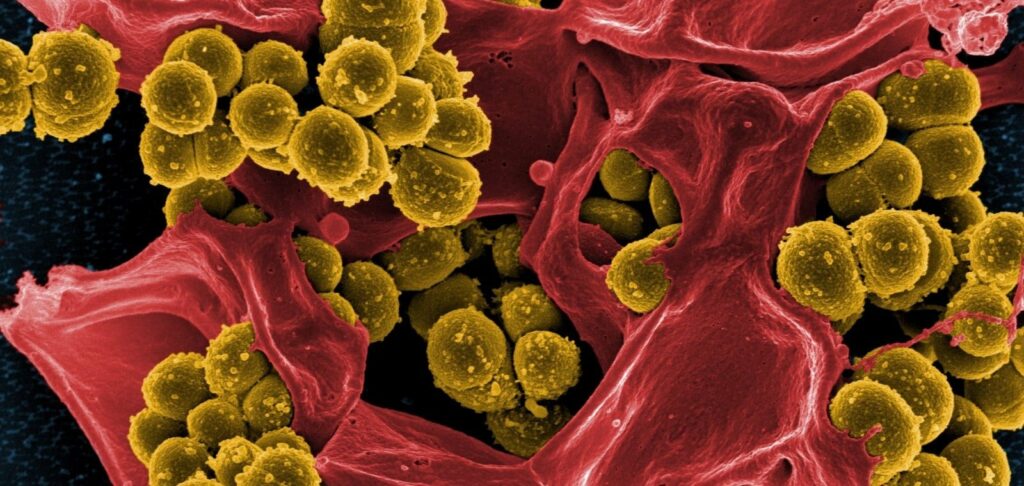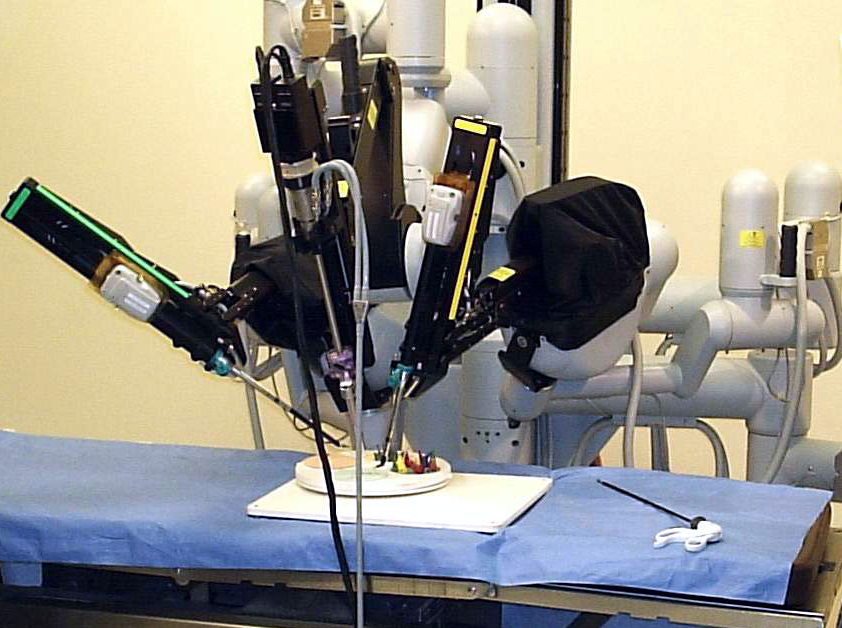
First-choice drugs for women and men
Despite the same system of blood pressure control, its regulation of blood pressure in men and women is somewhat different:
- In women, a key factor in the development of hypertension is aldosterone, a hormone that causes our kidneys to retain more sodium and therefore more fluid, leading to higher blood pressure.
- In men suffering from hypertension, the main role belongs to another hormone – angiotensin II, which by narrowing blood vessels regulates the volume of circulating blood.
Scientists have obtained these findings in two common rat models of human hypertension, and if they are confirmed in human experiments, doctors will have physiologic confirmation that drugs that inhibit aldosterone receptors will work well in most women while, angiotensin II receptor antagonists will work better in men.
A key place to identify problems
Although the cause of hypertension can also hide in the blood vessels and brain, physiologists at Augusta University have focused on the kidneys to study the mechanisms of this disease. They may be the key place to identify problems because they are the first link to disrupt normal signaling, as high blood pressure always requires more fluid. In addition, the kidneys are theoretically capable of removing endless amounts of excess salt and water from the body, while other ways to lower blood pressure, such as lowering heart rate or dilating blood vessels, have clear limitations.
Our body uses the kidneys as “check valves” to excrete more sodium and fluid when blood pressure rises and to hold them back when it gets dangerously low. Both hormones: angiotensin and aldosterone deliver the message to the kidneys to hold sodium. They increase the activity of epithelial sodium channels (ENaCs) in the kidney tubules, membrane proteins that provide sodium reuptake and essentially serve as a gateway for salt reabsorption.
The scientists verified that blocking aldosterone receptors in female rats with hypertension reduced excessive, unhealthy ENaC activity and resulted in a greater reduction in blood pressure than their male counterparts. They also found that female hypertensive rats have more aldosterone receptors in their kidneys, which seems like a logical explanation for the sex differences they found.
Further research
Aldosterone sensitivity isn’t always a bad thing. For example, during this hormone helps retain the increased amount of sodium needed to provide extra fluid for amniotic fluid and increased blood volume for the mother and developing baby. High levels of the female sex hormone progesterone, which plays a key role in preparing the body for pregnancy, actually promotes the production of more aldosterone. In fact, high aldosterone levels are normally associated with higher However, in hypertension, this usual productive association is “distorted,” and aldosterone’s ability to accelerate sodium retention in pregnant women may include women when blood pressure is out of control.
Scientists are now further investigating how progesterone affects women’s response to aldosterone in hypertension and whether it can increase the number of aldosterone receptors. In men’s kidneys, progesterone is known to effectively counteract the action of aldosterone: men given progesterone urinate more frequently. However, in women, progesterone is probably “split” or divided, which reduces its blocking action.
They are also interested in whether women’s bodies are able to lose sensitivity to aldosterone when the level of this hormone becomes too high. In men, this mechanism, which prevents the endless absorption of salt and the fluid that comes with it, works. But whether women have this natural defense is not yet clear.
Ultimate goal
The main idea of this study, as well as other experiments conducted by physiologists at Augusta University, is to identify groups of people with the same causes of hypertension, which may be related to gender, age, comorbidities, etc., and select the best treatment for them.
Ideally, a doctor will someday be able to simply look at a patient’s blood work and use biomarkers to pinpoint exactly what type of high blood pressure they have in order to choose the best antihypertensive medication.
Shutterstock/FOTODOM UKRAINE photos were used
Notarte, K. I., Ver, A. T., Velasco, J. V., et al. (2021). Effects of Age, Sex, Serostatus and Underlying Comorbidities on Humoral Response Post-SARS-CoV-2 Pfizer-BioNTech Vaccination – A Systematic Review. medRxiv. doi:10.1101/2021.10.10.21264825. https://www.medrxiv.org/content/10.1101/2021.10.10.21264825v1



